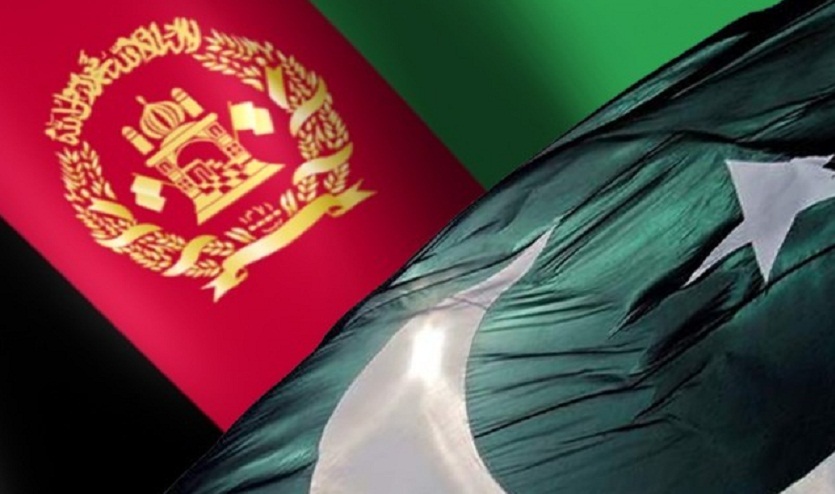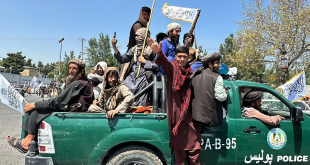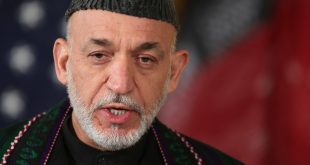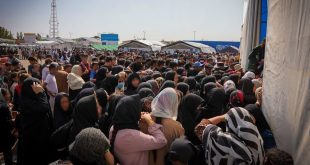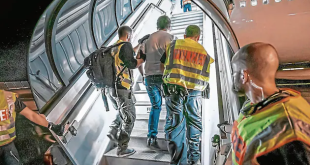AT Monitoring Desk-KABUL: Chief of the Pakistan’s Senate Defense Committee said that Islamabad has no fear to feel from the Afghan Taliban because the insurgent group was not posing threat to Pakistan.
Mushahid Hussain told Tolonews that the militant group was not a threat for Pakistan. “Another point is that at the peace talks in Murree in July there were Taliban and Haqqani network representatives along with representatives of the Afghan government, China and US. The decision is now up to you [Afghanistan] whether you want to come up with war with Taliban or peace with them. If you [Afghans] want peace you should come to the table of negotiations with the [Afghan] Taliban,” Tolonews quoted him as saying.
Commending China for its efforts to ensure peace in the region, particularly in Afghanistan, the senator said that terrorism in Afghanistan and Pakistan was affecting situation in Xinjiang province of China. “China has a vital role in regional peace therefore it has proved that it wants peace in Afghanistan,” he said.
Afghan analysts say that what Mushahid Hussain said was projecting Pakistan’s policy on Afghanistan.
Zubair Shafiqi, a political affairs analyst, said the former president of Pakistan, Pervez Musharraf, acknowledged that Islamabad is supporting the Afghan Taliban.
He said that several Pakistani leaders like Musharraf told media that Afghan insurgents are their asset.
When asked that why the US is not taking action against Pakistan for its alleged interference, he said that both Islamabad and Washington have same policy on the Taliban. “Without support of the United States, Pakistan cannot support the Taliban even for a single day,” he underlined.
He furthered that the Afghan government should ask the international community for its stance on terrorism and extremism in Afghanistan. “Relations of the Karzai-administration were strained with the US because Hamid Karzai told the American authorities to eliminate shelters and training centers of the Taliban across the Durand Line and define terrorism. However, the US did not do so,” he added.
Shafiqi suggested that the government should provide evidence of Pakistan’s interference into Afghanistan’s affairs to the international community.
Since the ‘war on terrorism’ began in 2001, Pakistan has played host to Osama Bin Laden, who was killed in 2011 in Abbottabad—not far from a military academy where future army officers are trained. Ayman Zawahiri is still at large. Khaled Sheikh Mohammad and several senior al-Qaeda leaders were captured in Pakistan. Pakistan maintains its control over the al-Qaeda leaders as well as the leadership of the Taliban. It strategically identifies those terrorists that it wants to host and cultivate as its assets and those who can be dispensed with. Hafeez Saeed, the infamous leader of Lashkar-e-Taiba – now, Jamat-ud-Dawah – has long benefited from direct active support from the ISI. Held responsible for engineering several terrorist attacks against India and despite having a large bounty on his head, he moves around freely in Pakistan participating in funeral prayers, including one in absentia for Mullah Omar, and public sermons. This charade has persisted for 14 years.
 Afghanistan Times
Afghanistan Times
